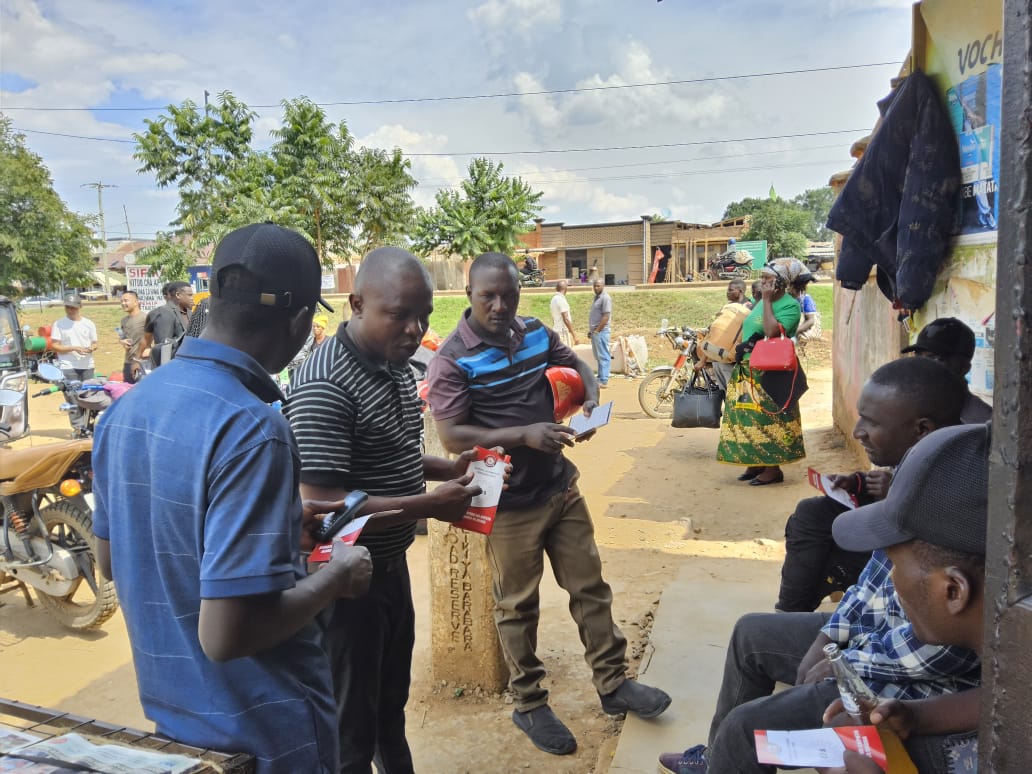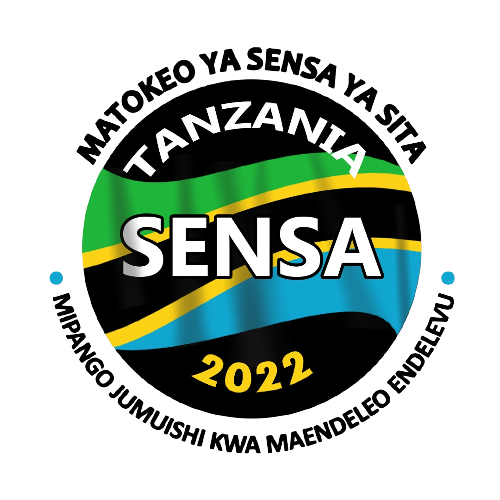Formulation of Standards
A Tanzania Standard is a document established by consensus and approved by the TBS Board of Directors that provides, for common and repeated use, rules, guidelines or characteristics for products and services and related processes or production methods, aimed at the achievement of the optimum degree of order in a given context. It may also include or deal exclusively with terminology, symbols, packaging, marking or labelling requirements as they apply to a product, process or production method. Standards, therefore, help to make sure that products and services are fit for their purpose and are comparable and compatible.
TBS is the statutory national standards body for Tanzania, mandated to formulate, promulgate and implement national standards. The work of preparing national standards is through established national technical committees solely coordinated by TBS.
The Bureau has an established national standardization system through which national standards are formulated. This system is based on the ‘consensus principle’ which works through the use of technical committees. These committees draw members from all stakeholder groups including industries, government ministries and institutions, research institutions, higher learning institutions, business organizations and consumers.
The finalized standards include product standards, management system standards, test methods, codes of practice and codes of hygiene. The standards cover various sectors of the economy including food and agriculture, chemicals and medical devices, textiles and leather, electro-technical, mechanical and metallurgy engineering, civil engineering and construction, environment, mining and minerals and general standards.
The standards formulated are voluntary, however if a standard covers a product that can affect health, safety, the environment or can have significant impact to the national economy, such standard is published as a compulsory standard.
Process of Standards Formulation
Any interested stakeholder, consumer organizations, industrial units, industry-associations, professional bodies, members of Tanzania Bureau of Standards (TBS) and members of its technical committees may submit proposals to TBS for establishing a standard or for revising, amending, or cancelling an established standard by making such request in writing.
The work of formulation of standards on any specific subject shall be undertaken when the Divisional Committee concerned is satisfied as a result of its own deliberations or on investigation and consultation with concerned interests that the necessity for standardization has been established.
When the subject has been so investigated and the need established, the Divisional Committee concerned shall assign the task of formulating the standard to an appropriate Technical Committee or the Director General shall appoint a new Technical Committee for the purpose.
When request for establishing a standard for any specific subject has not been accepted after its due consideration, the proposer is informed of the decision.
A draft standard prepared and duly approved by a Committee is issued in draft form and widely circulated for a period of not less than two month (60 days) amongst the various interests concerned for critical review and suggestions for improvement. The wide circulation may be waived if so decided by the Sectional Committee where the matter is urgent or non-controversial.
Special attention is given to multidisciplinary areas such as energy conservation, environmental protection, rural development and safety.
The appropriate Technical Committee thereafter finalizes the draft standard giving due consideration to the comments that may be received. After approval by the specific Committee, the draft standard is submitted to TBS Board of Directors for approval as Tanzania Standards for publishing in the National Gazette by the Ministry for Industry and Trade.
All established standards are reviewed periodically, at least once in five years, to determine the need for revision or withdrawal. Standards which in the opinion of the Sectional Committee need no revision or amendment are reaffirmed by the Technical Committee.


.jpeg)



